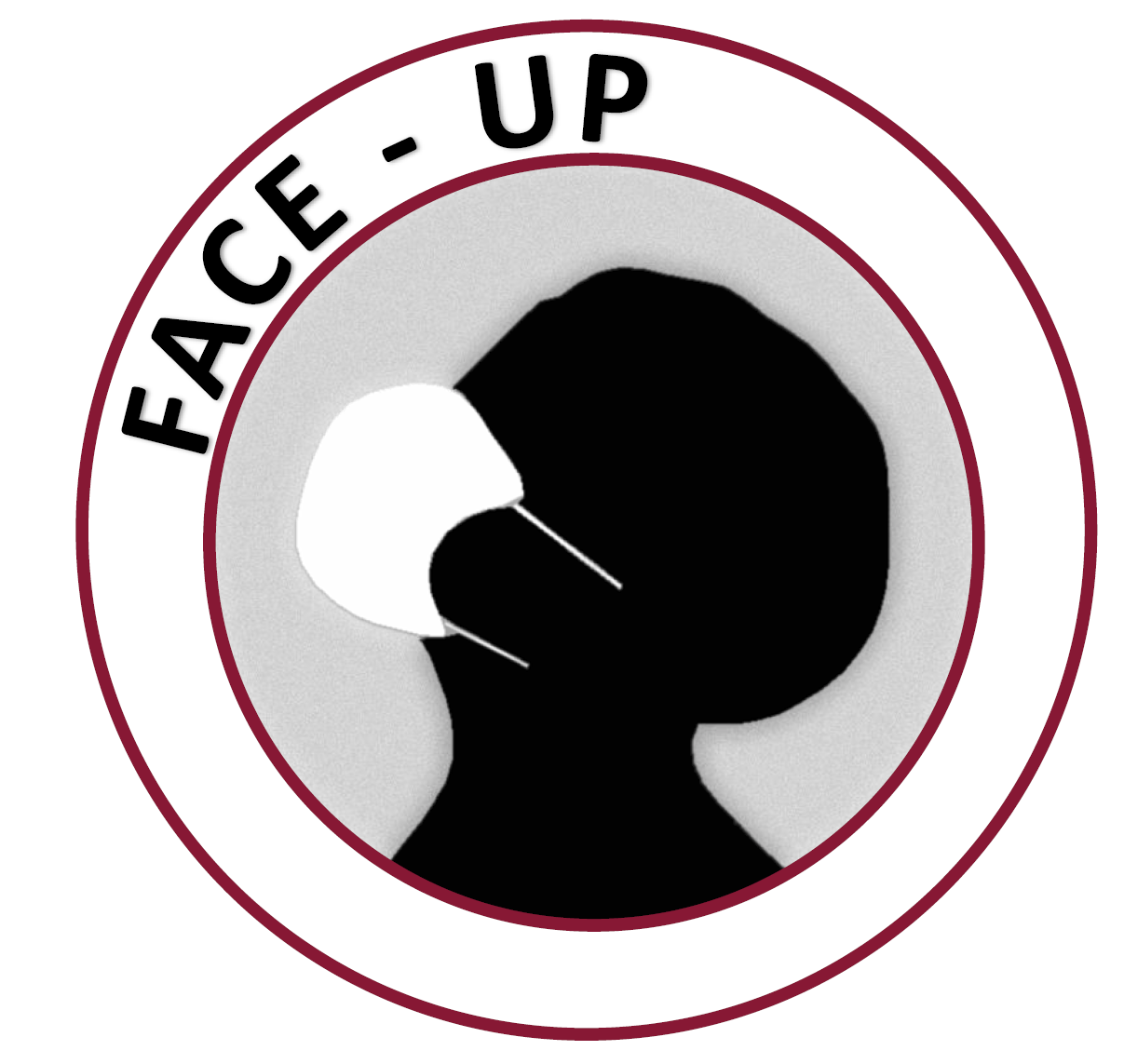We will evaluate the effectiveness of specific low-cost practices to reduce children’s personal exposure to particulate air pollution (PAP). Children and their carers will also be asked about the usability of the inventions to establish their acceptability, both in the short term and as a longer, more sustainable solution. The FACE-UP project will test two interventions:
1) Use of facemasks (KN95-style respirators). We will test facemask fit, on children, given the proliferation of
facemasks to protect them from exposure to outdoor PAP and the great
uncertainty as to whether children’s masks can be
effective at reducing their exposure. The efficacy of at least 3
commonly available facemasks (from each location), marketed for children, will be evaluated through a face fit test using a
TSI Portacount. The test includes a series of standardized activities
performed while wearing the mask for ~3 min. Each mask will be tested with and without a clip/strap to tighten the earloops around the head. The child’s face shape and size will
also be determined using standardized methods. Efficacy will be
measured by the fit factor (PM2.5 concentrations outside divided by
inside the mask) and effectiveness, determined by the number of times a
fit test is failed for each mask using ANOVA.
2) Use of inexpensive air purifiers. Project partner Kopernik have pilot tested a low-cost air purifier fan/filter system which this project will further test in city contexts. The low-cost purifier will be tested in a controlled environment and compared to a commercial air purifier. The test will then be repeated in a classroom setting.
